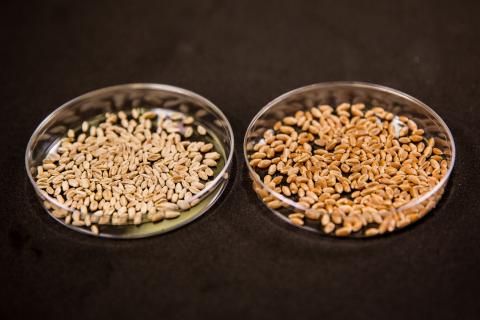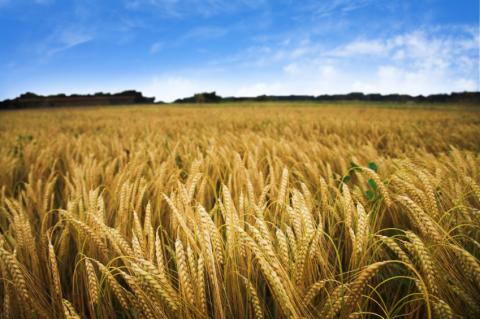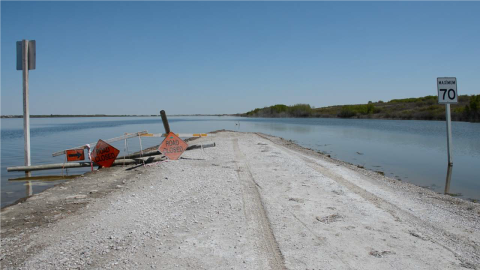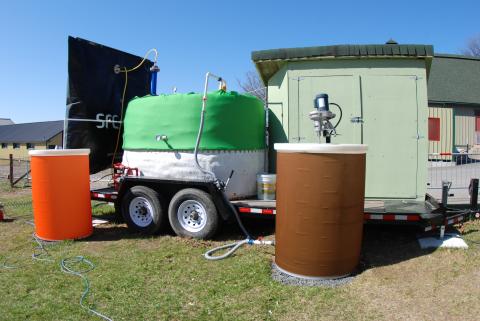Inside SRC
Soil scientists have proposed a new type of soil based on the wide-spread effects of human activity: Anthroposols. We task this novel soil to mimic and support our ecosystems, but we're not sure how to measure its performance over time. One scientist is studying possible measures to see how well Anthroposols can supply nutrients to Canada's boreal forest.
Throughout the 1970s, SRC investigated pesticide spray drift, which happens when pesticides drift beyond the targeted crop area (including runoff from plants and soils) by accident. Learn about the field trials and the results of the study.
The prevalence and impact of Fusarium is spreading across the Canadian Prairie provinces, leading to concerns from industry around its potentially devastating impacts. Read more about a project to develop a test for wheat producers that will identify and quantify Fusarium species.
The Orange Wheat Blossom Midge fly is a scourge on wheat producers around the planet. The Midge Tolerant Wheat Stewardship group is working together to protect and ensure the future of the technology that is the sole line of defense against the midge fly. Learn more.
Every year, Saskatchewan faces the possibility of disaster stemming from natural hazards, such as severe weather, floods, drought and wildfires. In recent years, flooding has been a significant...
“Do you happen to have a gently used biodigester?” Our biodigester project with the Canadian Museum of Science and Technology started with an unusual question. Isn't that where innovation usually starts?







